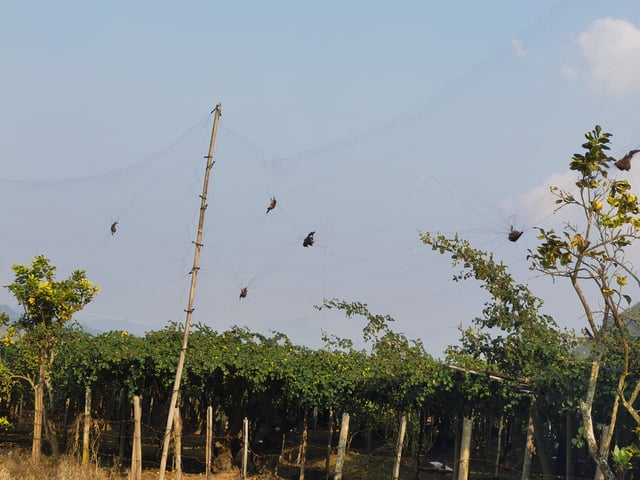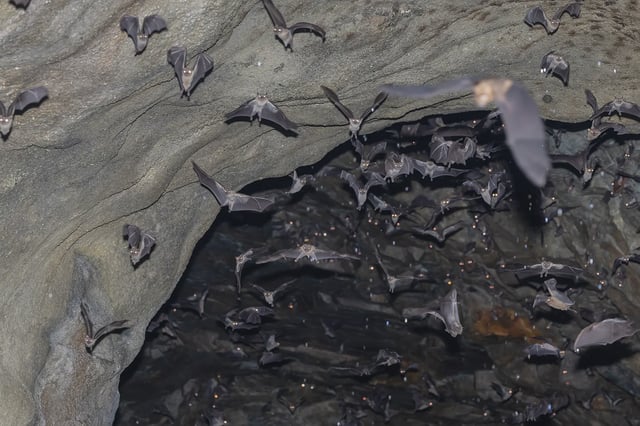Overview
- The PLOS Pathogens study sequenced kidney samples from 142 bats collected in Yunnan between 2017 and 2021 and revealed 22 total viruses, 20 of them previously unknown.
- Two newly identified henipaviruses share about 52–57 percent of their genetic material with Nipah and Hendra viruses, raising concerns over potential human and livestock infection routes via contaminated fruit or water.
- Researchers uncovered other microbial threats in bat kidneys, including a novel parasite, Klossiella yunnanensis, and two abundant bacterial species, notably Flavobacterium yunnanensis.
- Experts highlight that Yunnan’s ecological similarity to regions where Nipah outbreaks have occurred amplifies the need for sustained wildlife monitoring and biosecurity measures.
- Scientists caution that only additional laboratory experiments can determine whether these novel henipaviruses pose a genuine spillover risk.


